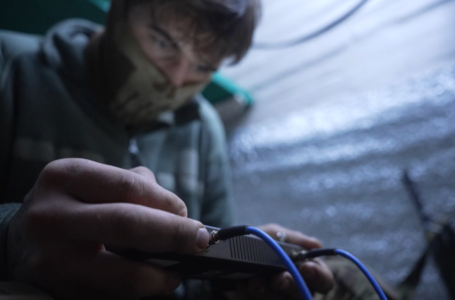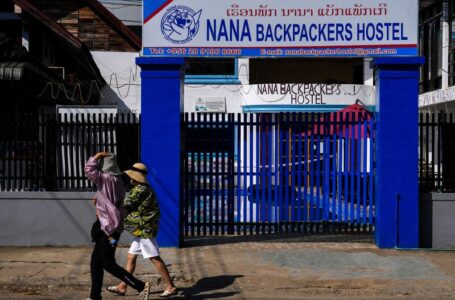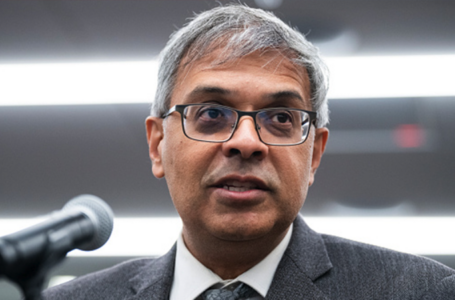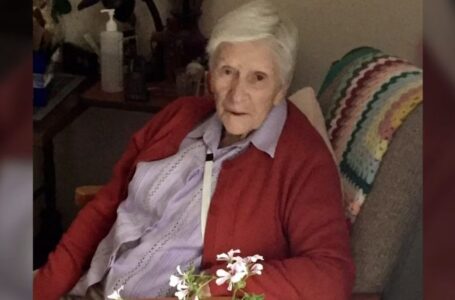Israel has agreed to a truce in Lebanon. Here’s what that means
RFK Jr.’s name to be removed from N.C. ballots after state Supreme Court ruling
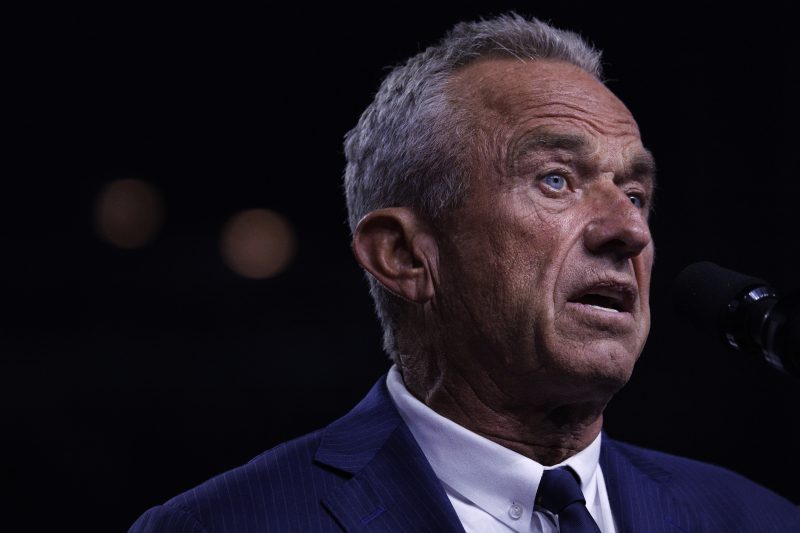

North Carolina’s Supreme Court on Monday ruled that Robert F. Kennedy Jr. can have his name removed from election ballots in the key swing state, denying an appeal from the State Board of Elections that would have kept him on the ballot.
Local election officials estimate that designing, printing and preparing new ballots without Kennedy’s name will delay the process of sending out ballots by a minimum of two weeks and cost cash-strapped county offices more than $1 million, The Washington Post reported last week.
If Kennedy stays on the ballot, “it could disenfranchise countless voters who mistakenly believe that plaintiff remains a candidate for office,” the North Carolina Supreme Court said in its 4-3 ruling.
It acknowledged that the process of printing new ballots will “require considerable time and effort by our election officials and significant expenseto the State” but said that this was a price worth paying to “protect voters’ fundamental right to vote their conscience.”
When Kennedy suspended his independent presidential campaign and endorsed former president Donald Trump last month, he alsorequested that his name be withdrawn from ballots in10 battleground states, which he said was to ensure he does not swing the election to Vice President Kamala Harris, the Democratic nominee.
Earlier this week, the North Carolina State Court of Appeals ordered a reprint of mail ballots without Kennedy’s name, prompting the State Board of Elections to appeal the decision to the Supreme Court.
In its plea, the board pointed out that Kennedy had not sought to remove his name in all states, mitigating his right to do so in North Carolina, particularly considering how local election officials would be adversely affected.
Karen Brinson Bell,executive director of the North Carolina State Board of Elections, said Monday in a statement following the North Carolina Supreme Court’s ruling that 27 counties had started printing ballots and almost all others had finalized their proofs at the time of Kennedy’s withdrawal announcement Aug. 23.
More than half of the counties had started printing ballots by the time Kennedy’s campaign contacted the state board three days later to ask about the process of withdrawing his name, Bell said.
“We will continue to consult with counties and ballot vendors to determine the feasible start date for distributing absentee ballots statewide,” she said, adding that discussions had begun with the Defense Department on a potential waiver of the Sept. 21 federal deadline to send out overseas and military ballots, should ballots not be ready in all counties by that date.
Earlier Monday, the Michigan Supreme Court ruled against Kennedy’s request to remove his name from ballots there, reversing a lower court’s ruling last week.
Kennedy “neither pointed to any source of law that prescribes and defines a duty to withdraw a candidate’s name from the ballot nor demonstrated his clear legal right to performance of this specific duty,” the decision said.
Harris and Trump are locked in a tight race in the seven battleground states that are most likely to determine the outcome of the election. In North Carolina, Trump currently leads Harris by less than one point, according to The Washington Post’s polling average, while Harris leads Trump by one point in Michigan.


